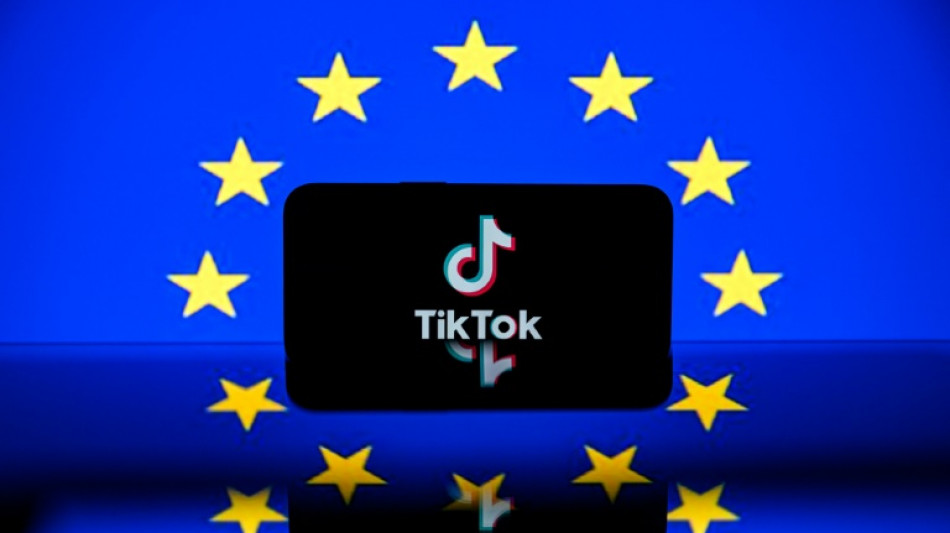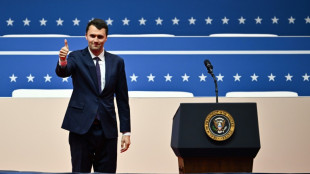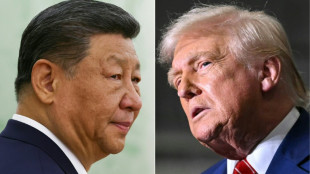
EU accuses TikTok of violating digital rules over ads

The EU accused TikTok on Thursday of breaking digital rules after concluding that the Chinese-owned social media platform is not transparent enough about advertisements.
The European Commission "found that TikTok does not provide the necessary information about the content of the advertisements, the users targeted by the ads, and who paid for the advertisements", it said in a statement.
It is the first time Brussels has formally accused TikTok with breaching the Digital Services Act (DSA), the EU's landmark online content law.
"In our preliminary view, TikTok is not complying with the DSA in key areas of its advertisement repository, preventing the full inspection of the risks brought about by its advertising and targeting systems," the EU's digital chief, Henna Virkkunen, said.
Under the DSA, the world's largest digital companies must establish an advertisement library that shows information about the adverts that run on their platforms.
The EU hopes that any ads library is then easily accessible to researchers and civil society to detect scam adverts and hybrid threat campaigns.
The DSA, which entered into effect last year, is part of the European Union's powerful armoury to rein in big tech, and gives the EU the power to hit companies with fines as high as six percent of their global annual revenues.
TikTok is still under investigation in the same probe launched in February 2024 amid fears it may not be doing enough to address negative impacts on young people.
A key worry is the so-called "rabbit hole" effect -- which occurs when users are fed related content based on an algorithm, in some cases leading to more dangerous content.
TikTok now has the right to examine the commission's documents and reply in writing.
- TikTok trends -
The EU launched investigations last year into claims it was used by Russia to sway the result of Romania's presidential election and over its Lite spinoff app.
The company backed down and permanently removed a feature in the Lite app in France and Spain in August after regulators warned it could be very addictive.
EU states including Belgium and France also recently raised concerns with the EU over the "SkinnyTok" trend promoting extreme thinness on TikTok.
TikTok has said it does not allow the display or promotion of dangerous behaviours related to eating habits and weight loss.
The DSA has more stringent rules for the biggest platforms, and demands tech giants do more to counter the spread of illegal and harmful content as well as disinformation.
The EU last year accused X, owned by US tech billionaire Elon Musk, of breaching the DSA over its blue checkmarks for certified accounts.
And as part of a wide-ranging probe, the EU is looking into the spread of illegal content and the effectiveness of the platform's efforts to combat disinformation.
D.Brown--SFF

 London
London

 Manchester
Manchester
 Glasgow
Glasgow
 Dublin
Dublin
 Belfast
Belfast
 Washington
Washington
 Denver
Denver
 Atlanta
Atlanta
 Dallas
Dallas
 Houston Texas
Houston Texas
 New Orleans
New Orleans
 El Paso
El Paso
 Phoenix
Phoenix
 Los Angeles
Los Angeles



